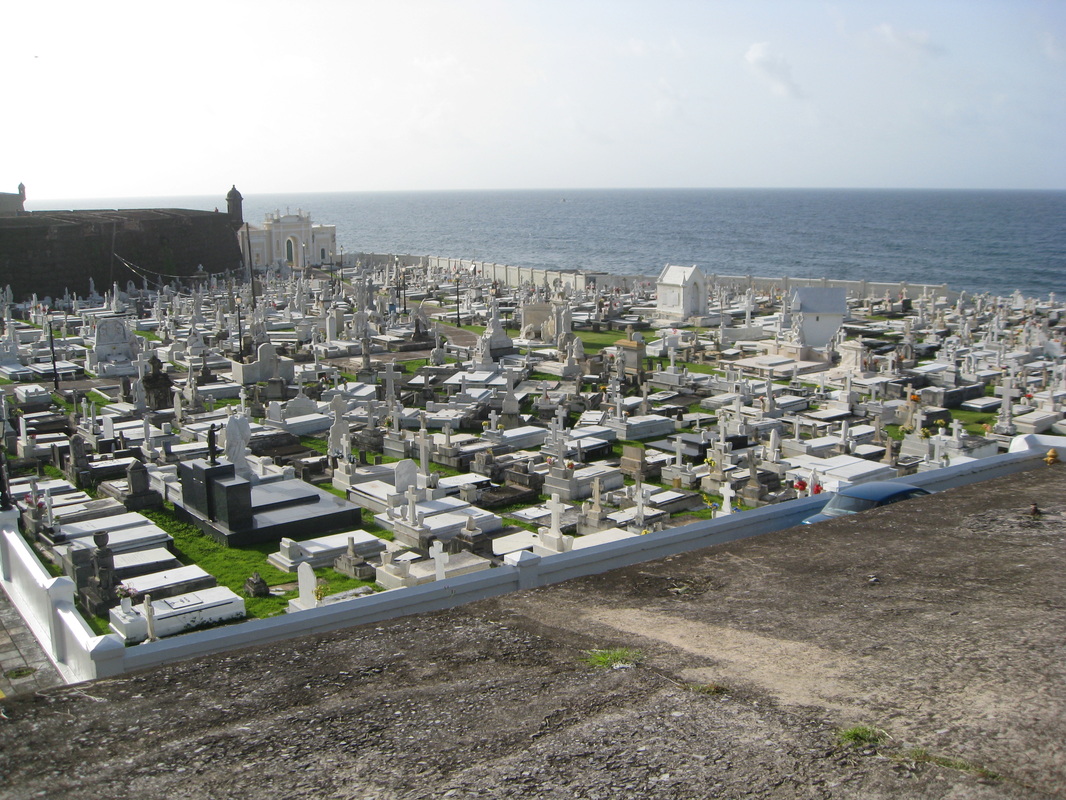|
The Breadcrumbs widget will appear here on the published site.
How I Came to Understand Linguistic Injustice in VABy Christine Stoddard QuailBellMagazine.com The following is a brief expert from the interactive photo and word book, Mixteco/RVA, produced by Christine Stoddard and designed by Kristen Rebelo. The book was generously supported by a grant from The Puffin Foundation and will be premiered at the Virginia Center for Latin American Art tonight. Uno. Había una vez—August 2010
Angloparlante. This word captures the privilege I have known since I learned to speak. I can pronounce all twenty Standard American English vowel sounds with the slight drop of my jaw, the pursing of my lips. English is my native language. It is not my mother's. Yet she is completely fluent in this tongue she first heard in rock songs on the radio as a girl in El Salvador, and therefore one of the lucky ones. This was the summer I studied with my sister in Glasgow, Scotland, where class seemed unmistakeably linked to one's ability to mimic the Queen's English. I also noted, perhaps with some bitterness, that the Spaniards I overheard in the Glaswegian streets and the cafes did not speak the same Spanish as my mother. Meanwhile, in Virginia, the Arlington I knew as a child was disappearing and becoming increasingly multicultural, while my new neighborhood in Richmond was one of the many “hush-hush” segregated variety. Everything looked black and white. Where was the brown? The olive? In the shadows, on the fringes. My heart started to pound like the non-diegetic sound effects in a horror film. The guilt of my privilege began to overwhelm me. Apparently it had been building up for years. I enrolled in my first translation and interpretation courses. Dos. Newsprint—August 2011 One newspaper article I will never forget is Melissa Scott Sinclair's “The Rain People.” It ran in Style Weekly, Richmond's alternative weekly newspaper, and introduced the particular plight of Richmond's Mixteco community. I had never heard of Richmond having any significant Amerindian population, let alone one from Mexico. Many European-Americans and African-Americans would see Mixtecos out in public and assume they were Hispanic. But Richmond's Hispanic community ostracized them because they were Indian and did not speak Spanish as their native language. They were—and remain--othered by the other. Shortly after reading the article, I called my mother to tell her about it. She said she had heard a group of people who looked Latin American speaking a language she did not recognize while out shopping in Richmond one day. Throughout the fall, my mind would occasionally wander back to the Mixtecos, but my heart had other pulls and distractions. CommentsComments are closed.
|
|








